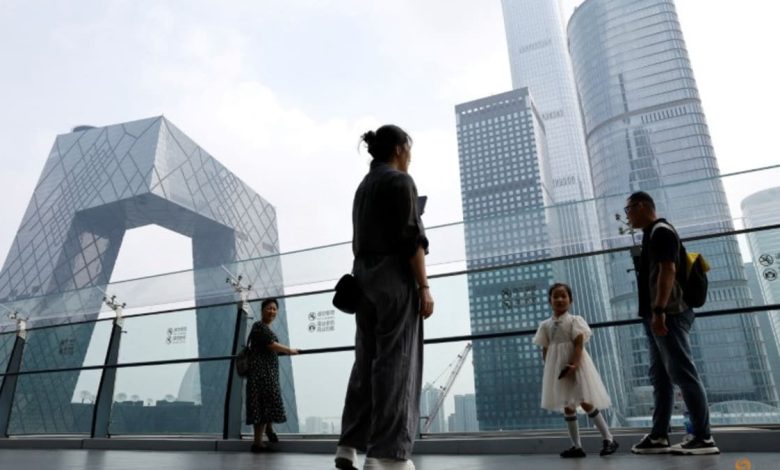China’s faltering growth revives cash vouchers talk

BEIJING: Another round of bad Chinese economic figures is raising pressure on Beijing to loosen the fiscal spigot further and even dole out shopping vouchers to get growth back towards this year’s target of roughly 5 per cent.
After a dismal second quarter, the world’s second-largest economy lost momentum further in July: new home prices fell at the fastest pace in nine years, industrial output slowed, export and investment growth dipped and unemployment rose.
Other data beat forecasts, but not for positive reasons. Rising inflation was attributed to bad weather rather than stronger domestic demand, a jump in imports reflected frontloaded chip purchases before expected US technology curbs and a pickup in retail sales was flattered by low comparisons in 2023.
In all, the data paints a worrying picture for policymakers, who look increasingly likely to ramp up stimulus unless they accept slower growth and the prospect of a downward spiral in consumer and business confidence.
“The current economic performance remains behind target, necessitating immediate and significant policy intervention,” said Carlos Casanova, Asia senior economist at Union Bancaire Privée (UBP). This might require the government to widen the budget deficit to 4 per cent of gross domestic product (GDP) from the planned 3 per cent, he said.
One policy adviser, speaking on condition of anonymity, said Beijing may decide in October to bring forward part of next year’s bond issuance quota if growth did not show signs of bottoming out in the summer.
“Otherwise, the economy will look ugly, and 5 per cent would be out of the question,” the adviser said, without detailing where that stimulus would go.





